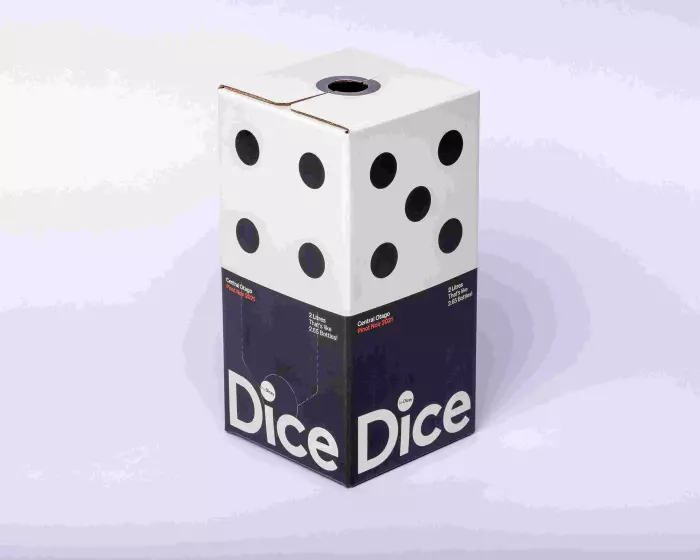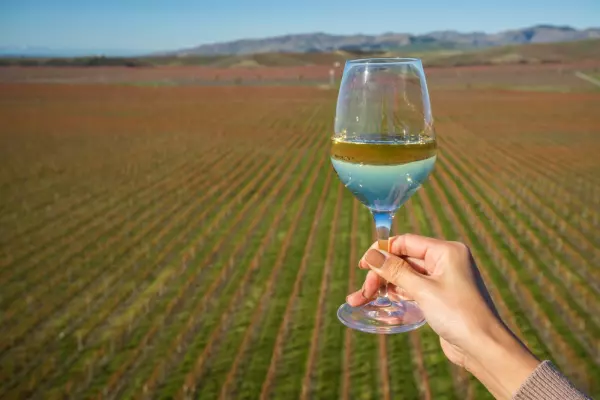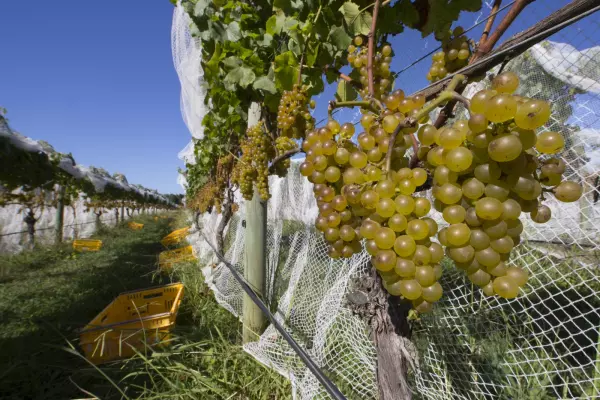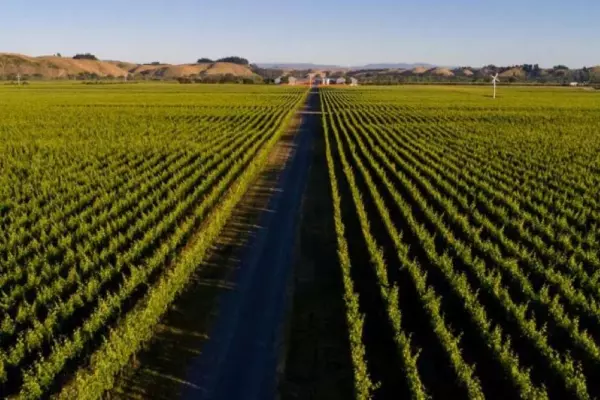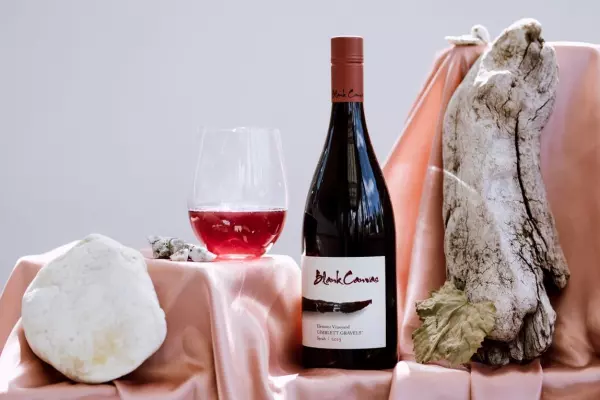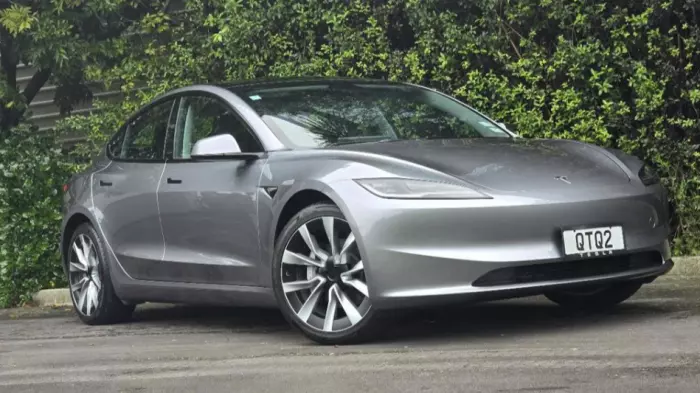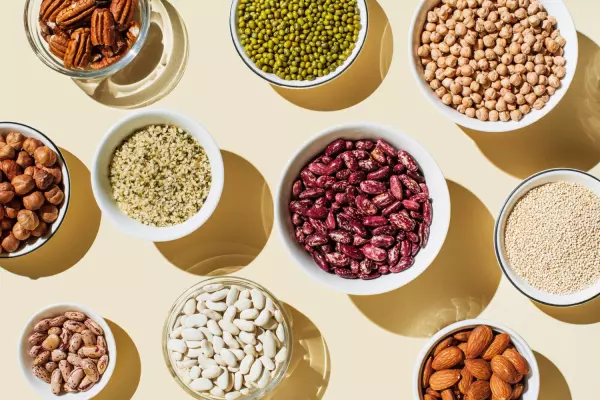When did you last try a bag-in-box wine, also known as “chateau cardboard”? It has been decades since I squirted, rather than poured, a glass of wine. They scored well on the convenience factor but were let down on wine quality.
A small Bannockburn-based family winery called Dicey has just released a premium bag-in-box called “Dice by Dicey”. Two litres of Central Otago pinot noir for $80 sounds a bit pricey until you do the maths and taste the wine.
By my calculation, it costs the equivalent of around $30 a bottle and tastes like a silver-medal $40 pinot noir. But wait … there’s more. Once opened, the wine will stay fresh for three to four weeks, according to winemaker brothers James and Matt Dicey.
“The wine in the Dice has been made with the same care and focus that we give to all our wines," says Matt.
"The grapes harvested are either in conversion for organic certification with BioGro NZ or sustainably certified. The wine was fermented in small-format open-top tanks, with 20% whole bunch usage, and aged in French oak barrels with 16% new wood.
"The wine was unfined but filtered. As with all our wines, this wine was produced so that it is vegan friendly.”
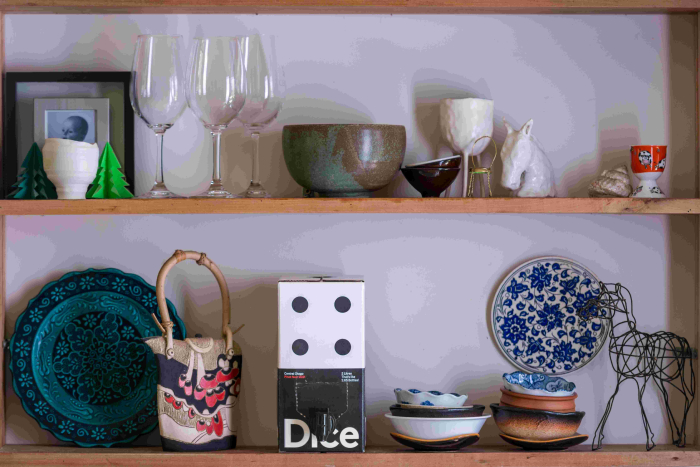
The Dice by Dicey looks stylish in any setting. (Image: Supplied)
A major incentive behind the release of Dice by Dicey was the desire to produce a product that would significantly reduce the carbon footprint of bottled wine. An estimated 27% of carbon emitted from wine production comes from the production of glass bottles, with another 13% attributed to shipping.
In an article headed “Drink Outside the Box”, the New York Times reported: “Switching to wine in a box for the 97 percent of wines that are made to be consumed within a year would reduce greenhouse gas emissions by about two million tons, or the equivalent of retiring 400,000 cars.”
I have an opened Dice on my kitchen bench and plan to drink the contents, with the help of my wife, Marion, over a three-week period to test the longevity claim. Watch this space.
Australian prosecco
Prosecco is Italy’s most successful sparkling wine by a large margin. “Prosecco” was the name of the grape used to make Italian prosecco until 2009, when the wily Italians changed the name to the rather frumpy-sounding “glera” to stop other countries trading on their success.
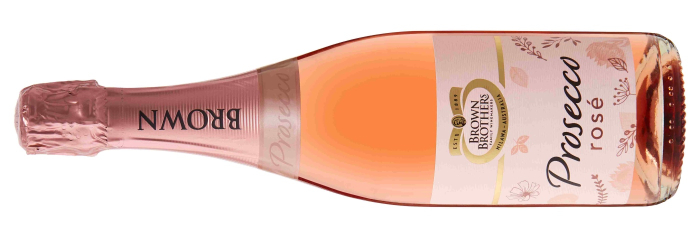
Australia had been growing prosecco grapes and making prosecco wine since 1999 and argued vigorously that the name refers to a variety of grape rather than a place.
When New Zealand recently agreed to recognise "prosecco" as a protected geographical indication, effectively ending imports of Australian prosecco here, prosecco makers across the Tasman made their disappointment very clear.
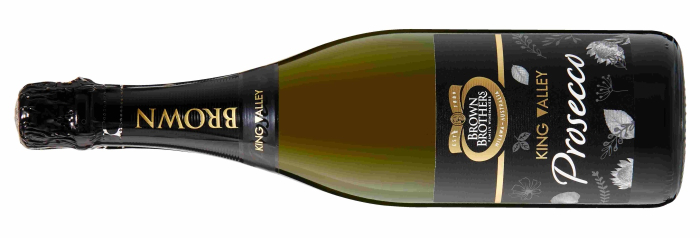
So it was with heart beating that I dashed down to my local New World and found Brown Brothers Prosecco and Prosecco Rosé on sale for the remarkably good price of $14.99. They are both good wines, although I marginally prefer the rosé. Highly recommended, but be quick.
Super-serious reds
Man O’ War, Waiheke’s largest wine producer, has just released its latest range of Kulta wines, including two outstanding reds from the stellar 2019 vintage.
“Kulta” is a homage to the Finnish ancestors of Man O’ War's proprietors, the Spencer family; in Finland, kulta means “loved one” and, appropriately, “gold” (the Kulta wines have a gold label).
Kulta wines are made only in the best vintages and from the finest-performing vineyards. They are made in the sort of tiny quantities that have wine collectors salivating.
Kulta is an icon in the making. The range includes a terrific chardonnay and a stylish bottle-fermented sparkling wine.
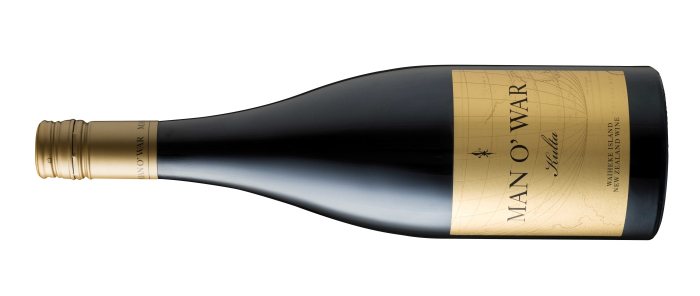
2019 Man O’ War Totto Kulta Syrah, Waiheke Island, $150
Deep, rich and complex syrah with cassis, blackberry, anise/liquorice, mixed spices, cedar, leather and classy oak flavours. Generously proportioned wine that still manages to be elegant. Delicious now but should age gracefully.

2019 Man O’ War Tytti Kulta, Waiheke Island, $150
A blend of cabernet franc, merlot, petit verdot and cabernet sauvignon. Dense, ripe and firmly structured red with cassis, dried fruits, dark chocolate/mocha, Christmas cake-like dried fruits and spices. A stunning wine that can be appreciated now but has a promising future.


